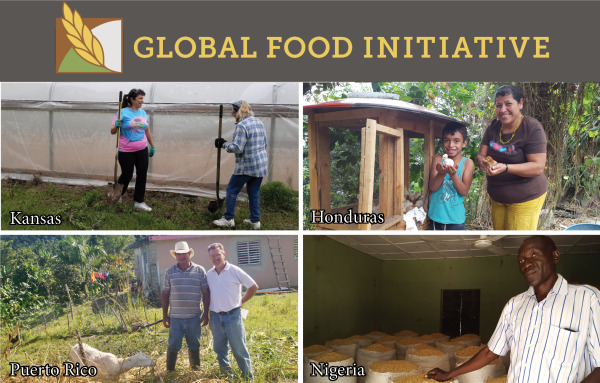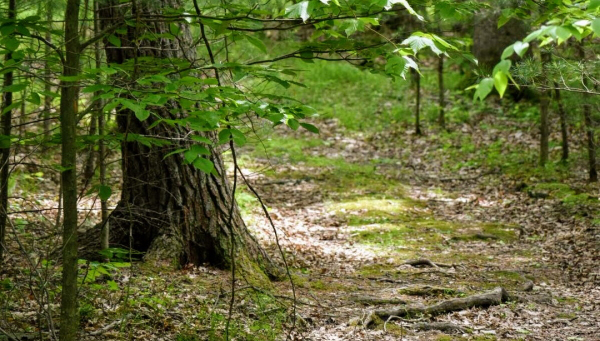As the pandemic brings to light the injustices that were for so long swept under the rugs, one can’t help but feel an overwhelming sense of helplessness. Perhaps these injustices were always there in broad daylight- but the hustle and bustle of our day-to-day lives gave us an excuse to avoid thinking about things much further. In a blog earlier this summer, Susu Lassa wrote, “COVID-19 ripped back the curtain on the various systemic problems in the U.S and worldwide, and police brutality and racial injustice were once again cast into the limelight…” This pandemic has also pulled back the curtains on the economic injustices as while over 40 million Americans filled for unemployment over the past couple of months, billionaires added a staggering $637 billion to their wealth. Looking at figures like these it seems more necessary than ever to reflect and reassess the choices we make with regards to how we live and how we consume. Over the next few blog posts, we will explore and reaffirm simple living, stewardship, just dealings, and mutuality as they relate to economic justice and economic peacemaking; especially as we go forward during this pandemic. This first post in a series of four, explores simple living in a time of consumerism and consumer culture.
Simple Living
Over the years there have been
numerous Annual Conference Statements on Christian living, stewardship, and
creation care -all of which, I believe, point to the importance of simple
living. A 1980 annual conference statement emphasizes simplicity as a Christian
way of life. But what is simple living?
Not to be confused with minimalism, which often refers to simplicity as it pertains to physical possessions;
Simple living refers to a mindset focused on reduced consumption, with value
placed on essentials and things that bring us joy. (Babauta) Simple living is
more than just a cleared-out closet and rejection of luxury goods. It is a
mindset in which value is placed on finding joy in our human connections, our
community, and nature. In his book Freedom of Simplicity, Richard J.
Foster argues that simplicity is “an inward reality that results in an outward
lifestyle.”
By choosing to live simply, we make
mental and financial space to develop our spiritual life. We shift our focus
from finding ways to preserve our affluent lifestyles, to working to grow our
understanding of God and all creation.
Consumer Culture
and Consumerism
“Consumer culture denotes a social
arrangement in which the relations between lived culture and social resources,
and between meaningful ways of life and the symbolic and material resources on
which they depend, are mediated through markets.” (Arnould and Thompson, 869)
Rather than being a means of reflecting cultural values, consumption has become
a culture value, contributing to the ever-expanding list of our needs and
desires. (Goodman and Cohen)
Be aware of
Consumer Culture and intentional in how you navigate through it.
Most
things we do are a matter of habit, conditioning, training, and unconscious
imitation. We are programmed by culture, family, and media, seldom questioning
why we act as we do, or whether we are doing the things we value most. Many of
the Influences which shape our behavior – hedonism, triumphalism, cynicism,
legalism – run counter to the lifestyle of the kingdom of God which Jesus lived
and proclaimed. (AC 1980, Christian Lifestyle)
Author Kit Yarrow in her book Decoding
The New Consumer Mind writes that studies show that hidden, unconscious
cues such as scents, colors, product placement, and how words sound, are now
more influential to our purchase decision process than ever before. We are told
what we need and increasingly our ability to discern our needs from our wants
is fading -or at least it seems to be. As such, there is great power in
awareness because only when people become aware of a habit are they able to
make intentional decisions to combat it.
As I finish up writing this piece, I
realize just how all over the place it is. But isn’t that more telling of the
interwoven nature of our lives? How our choice to live simply will not only
benefit us spiritually and financially, but can also benefit the community, the
environment, and the next generation. For a BVS’er like me, on a tight budget,
practicing simple living is the only choice. But I hope I develop a way of
living that extends beyond my year here. I want to make sure that I do not take
up more space and resources in this world than what was allotted for me; so
that others who share this Earth with me and those coming after me can enjoy it
as I have.
Suggested
Reading: Consumer Culture by Goodman and Cohen
Sources
The masterpiece of a simple life |
Maura Malloy | TEDxIndianapolis
Babauta, Leo. “The Simple Guide to a
Minimalist Life.” Amazon, Publisher Not Identified, 2009,
www.amazon.com/Simple-Guide-Minimalist-Life/dp/1455831972.
Eric J. Arnould, Craig J. Thompson, Consumer Culture Theory
(CCT): Twenty Years of Research, Journal of Consumer Research, Volume 31, Issue 4,
March 2005, Pages 868–882, https://doi.org/10.1086/426626
Goodman, Douglas J., and Mirelle
Cohen. Consumer Culture: a Reference Handbook. ABC-CLIO, 2004.
Yarrow, Kit. Decoding the New
Consumer Mind: How and Why We Shop and Buy. Jossey-Bass, A Wiley Brand,
2014.



